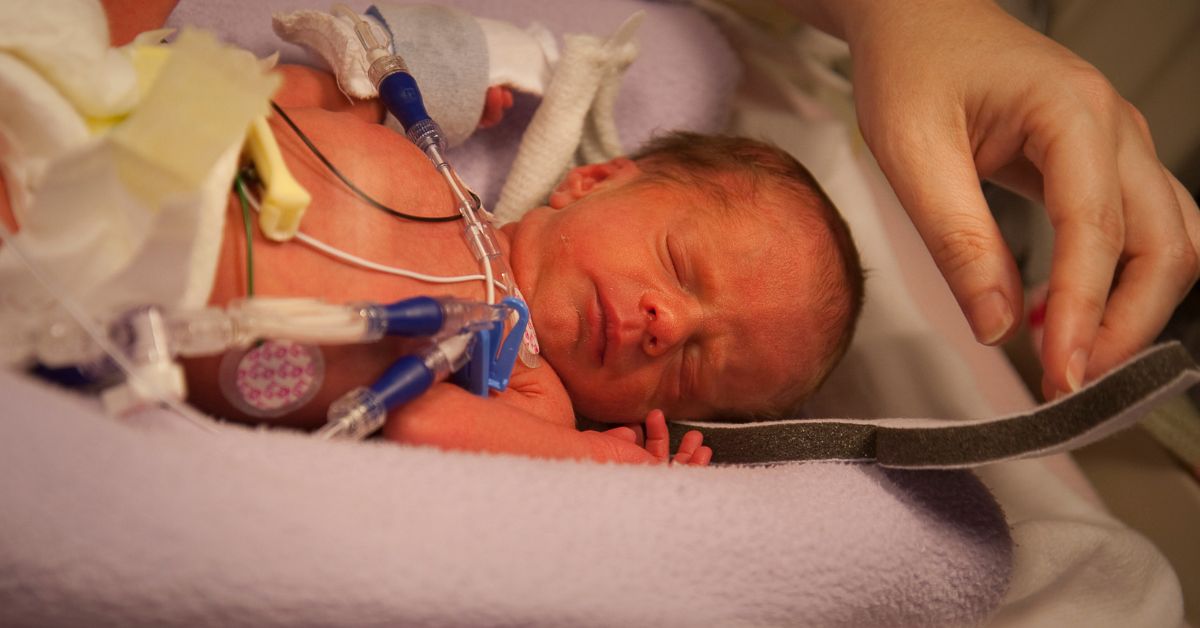What is Guillain-Barré Syndrome?
Guillain-Barré Syndrome (GBS) is a rare but serious neurological disorder that can affect children, causing sudden muscle weakness and sometimes paralysis. It is an autoimmune disorder where the body’s immune system mistakenly attacks its own nerve cells, specifically those in the peripheral nervous system. These nerves are responsible for transmitting signals from the brain to the muscles and sensory information from the skin to the brain. This attack leads to inflammation and damage to the nerves’ protective covering (myelin sheath) or the nerves themselves. The hallmark symptoms include muscle weakness or tingling sensations that can quickly progress to paralysis. The syndrome typically progresses over a few weeks and can be life-threatening if it affects the muscles that control breathing.
In this article:
What causes Guillain-Barré Syndrome?
The exact cause of GBS is not fully understood, but it often follows an infection. Many cases of GBS follow bacterial or viral infections such as Campylobacter jejuni, influenza, cytomegalovirus, Epstein-Barr virus, and Zika virus. Rarely, vaccinations and surgical procedures have been associated with the onset of GBS. The immune system’s response to fight these infections or triggers can lead to a mistaken attack on the peripheral nerves.
How dangerous is Guillain-Barré Syndrome for my child?
While GBS is rare in children, it is a very serious condition. The severity of GBS can vary widely. Some children experience mild symptoms such as muscle weakness and tingling, while others may develop more severe complications, including full-body paralysis. Respiratory failure, which occurs when the muscles that control breathing become paralyzed, is a life-threatening complication that requires immediate medical attention. Early diagnosis and treatment are crucial for improving outcomes.
Which children are at greater risk for Guillain-Barré Syndrome?
While GBS can affect anyone, regardless of age, children are relatively less affected compared to adults. The syndrome is more common in older children and adolescents than in younger ones.
- Recent Infections: Children who have recently had gastrointestinal or respiratory infections are at a higher risk. The bacteria Campylobacter jejuni, commonly found in undercooked poultry, is a well-known trigger.
- Immune System Conditions: Children with autoimmune diseases may have a higher susceptibility to GBS.
- Family History: A family history of GBS can slightly increase the risk, although the syndrome is generally not hereditary.
- Vaccinations: While extremely rare, some children may develop GBS after certain vaccinations. However, the risk is very low, and the benefits of vaccination generally outweigh this risk.
How is Guillain-Barré Syndrome managed?
Early recognition and intervention are crucial in managing GBS. Medical management typically involves hospitalization, where treatments aim to reduce inflammation and manage symptoms.
- Intravenous Immunoglobulin (IVIG): This treatment involves infusing high doses of immunoglobulin to help reduce the immune system’s attack on the nerves.
- Plasmapheresis (Plasma Exchange): This procedure removes the blood’s plasma, which contains the antibodies attacking the nerves, and replaces it with donor plasma or a plasma substitute.
- Supportive Care: In severe cases, children may require mechanical ventilation if their breathing muscles are affected. Physical therapy and rehabilitation are crucial to help regain strength and mobility.
- Pain Management: Medications may be prescribed to manage nerve pain and discomfort.
- Monitoring for Complications: Continuous monitoring for cardiac, respiratory, and other complications is necessary.
Recovery from GBS can be slow, often taking several months to years. While many children recover fully, some may experience long-term weakness or other residual effects.
What should I know as a parent?
- As a parent, being aware of the potential signs and symptoms of GBS is key.
- Early diagnosis and treatment can significantly improve the chances of a full recovery.
- Look out for sudden muscle weakness, difficulty walking, or problems with coordination that seem to develop rapidly.
- If your child has recently had an infection and begins experiencing these symptoms, seek medical attention promptly.
- Provide emotional and physical support. Recovery can be a long and challenging process, requiring patience and encouragement.
- Ensure regular follow-up appointments with healthcare providers to monitor your child’s progress and adjust treatments as needed.
- Understanding GBS can help you make informed decisions about your child’s care. Working closely with healthcare professionals, including neurologists and physical therapists, will help ensure comprehensive care throughout the recovery journey.








